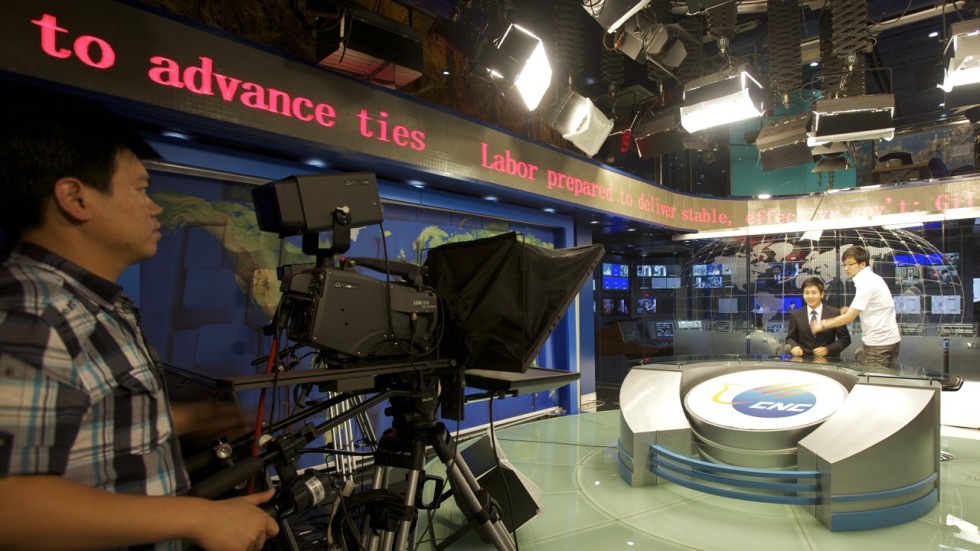Family shows strength in Moey's death - Nation
https://youtu.be/nkSSSs7KUMA
https://youtu.be/ooueh3PMZTs
How to escape a sinking car?
https://youtu.be/xJ8OJ2s7Sq4
https://youtu.be/nkSSSs7KUMA
https://youtu.be/ooueh3PMZTs
Penang Bridge Rescue Mission Resumes Today. Here's All You Need ...
Driver of black car detained, then released on bail after 16 hours ...
https://youtu.be/tohf5ijbtq4
How to escape a sinking car?
https://youtu.be/xJ8OJ2s7Sq4
GEORGE TOWN: The tragic crash on Penang Bridge, which saw a student killed after his car plunged into the sea, has raised a thousand questions.
Online commenters questioned the height of the railings, whether there should be a curfew for those aged above 18 as well as the need for responsible drinking.
Facebook user Asger Abdul Wahab questioned the height of the railing, on which people had stood to jump and commit suicide in the past.
“If the side railings weren’t low, at least the vehicle could have landed on the side of the bridge instead of going over the bridge,” he said.
For Sanush Jeyaratnam, the tragedy highlighted the need for a curfew, as suggested by the government, for those aged 18 and below.
One comment stated that those aged 21 and below should not be out after midnight without adult supervision.
Another Facebook user said the accident did not mean that alchohol consumption should be stopped as it was all about responsible drinking.
Junior Chamber International (JCI) George Town charter president Kyara Ng said the disaster sparked a discussion among their group members, who are aged between 21 and 26.
“I think there is a great need to continue to create more awareness about accidents linked to driving under the influence,” she said.
Defensive driving trainer K.G. Nah noted that when the driver in the black car on Penang Bridge overtook from the left, he went into an “oversteer situation” and all of the car’s weight was transferred to the front tyres.
“In an oversteer, even a trained race car driver will have trouble controlling the vehicle at high speeds,” he said.
He explained that when the rear tyres no longer hold the weight of the car, they lose traction and can no longer follow the lead of the front tyres, causing the car to skid out of control.
Another term for cars in this situation is “tail happy”.
Nah, who received a copy of the dashboard camera footage of the crash, said he watched it frame by frame but could not see the brake lights come on behind the black car until it crashed into the sports utility vehicle (SUV).
“For the car to go into an oversteer without evident braking, it was going at an incredibly high speed,” he added.
As for the SUV, Nah said it was tragic that it was hit in the rear left passenger door.
“Any car slammed in the rear flank will spin out of control and at that speed, the car flipped with enough force to roll over the bridge parapet and fall into the sea,” he added.
Related:

Wreckage found with body inside
https://www.thestar.com.my/news/nation/2019/01/22/wreckage-found-with-body-inside-but-strong-currents-and-poor-visibility-delay-suv-retrieval-efforts/?jwsource=cl
Online commenters questioned the height of the railings, whether there should be a curfew for those aged above 18 as well as the need for responsible drinking.
Facebook user Asger Abdul Wahab questioned the height of the railing, on which people had stood to jump and commit suicide in the past.
“If the side railings weren’t low, at least the vehicle could have landed on the side of the bridge instead of going over the bridge,” he said.
For Sanush Jeyaratnam, the tragedy highlighted the need for a curfew, as suggested by the government, for those aged 18 and below.
One comment stated that those aged 21 and below should not be out after midnight without adult supervision.
Another Facebook user said the accident did not mean that alchohol consumption should be stopped as it was all about responsible drinking.
Junior Chamber International (JCI) George Town charter president Kyara Ng said the disaster sparked a discussion among their group members, who are aged between 21 and 26.
“I think there is a great need to continue to create more awareness about accidents linked to driving under the influence,” she said.
Defensive driving trainer K.G. Nah noted that when the driver in the black car on Penang Bridge overtook from the left, he went into an “oversteer situation” and all of the car’s weight was transferred to the front tyres.
“In an oversteer, even a trained race car driver will have trouble controlling the vehicle at high speeds,” he said.
He explained that when the rear tyres no longer hold the weight of the car, they lose traction and can no longer follow the lead of the front tyres, causing the car to skid out of control.
Another term for cars in this situation is “tail happy”.
Nah, who received a copy of the dashboard camera footage of the crash, said he watched it frame by frame but could not see the brake lights come on behind the black car until it crashed into the sports utility vehicle (SUV).
“For the car to go into an oversteer without evident braking, it was going at an incredibly high speed,” he added.
As for the SUV, Nah said it was tragic that it was hit in the rear left passenger door.
“Any car slammed in the rear flank will spin out of control and at that speed, the car flipped with enough force to roll over the bridge parapet and fall into the sea,” he added.
Related:
SUV hoisted out of sea off Penang Bridge | Free Malaysia Today

Penang bridge crash: SUV wreckage found with body of 20-year-old ...
Penang bridge crash: Wreckage found in sea with body of 20-year-old ...
Wreckage found with body inside
https://www.thestar.com.my/news/nation/2019/01/22/wreckage-found-with-body-inside-but-strong-currents-and-poor-visibility-delay-suv-retrieval-efforts/?jwsource=cl







